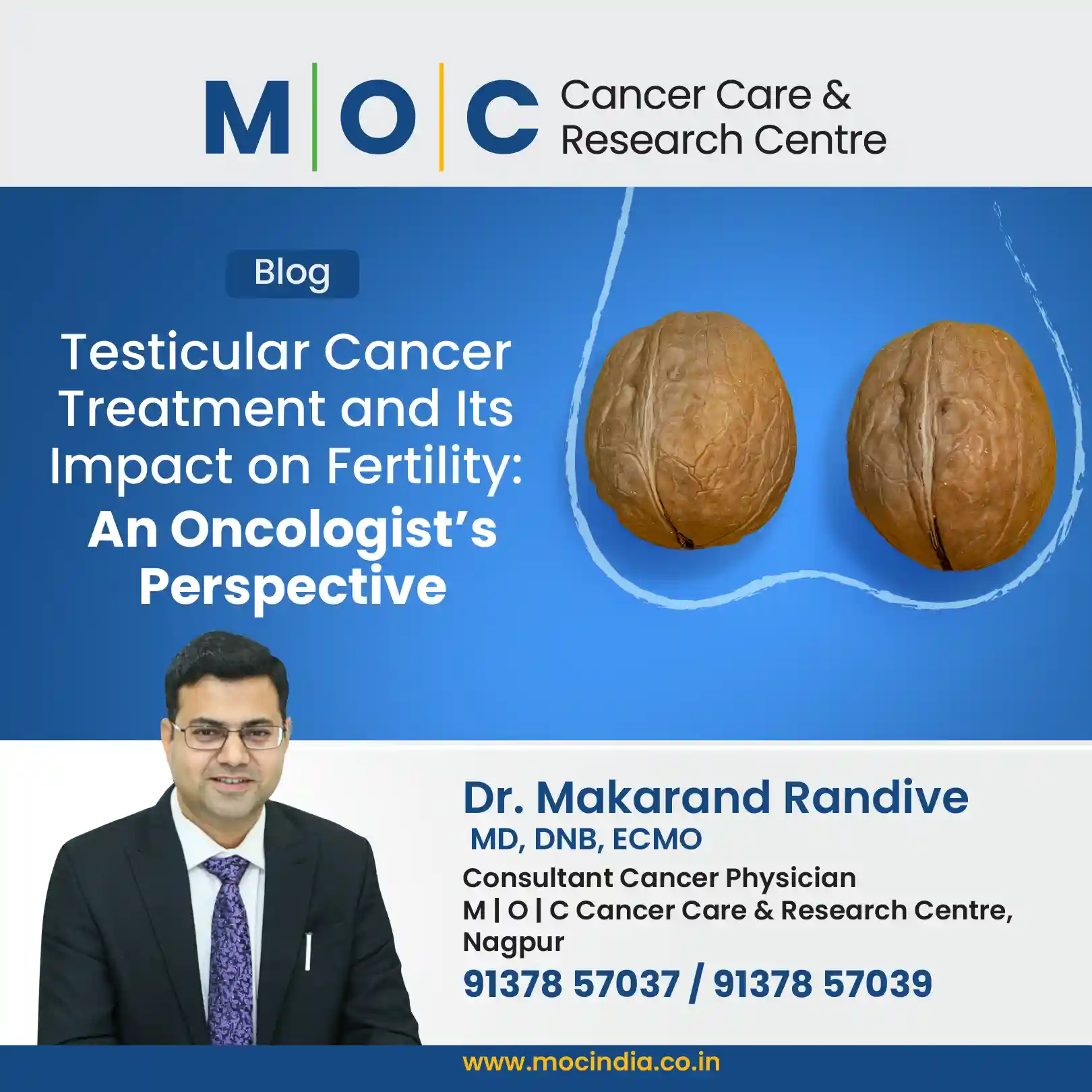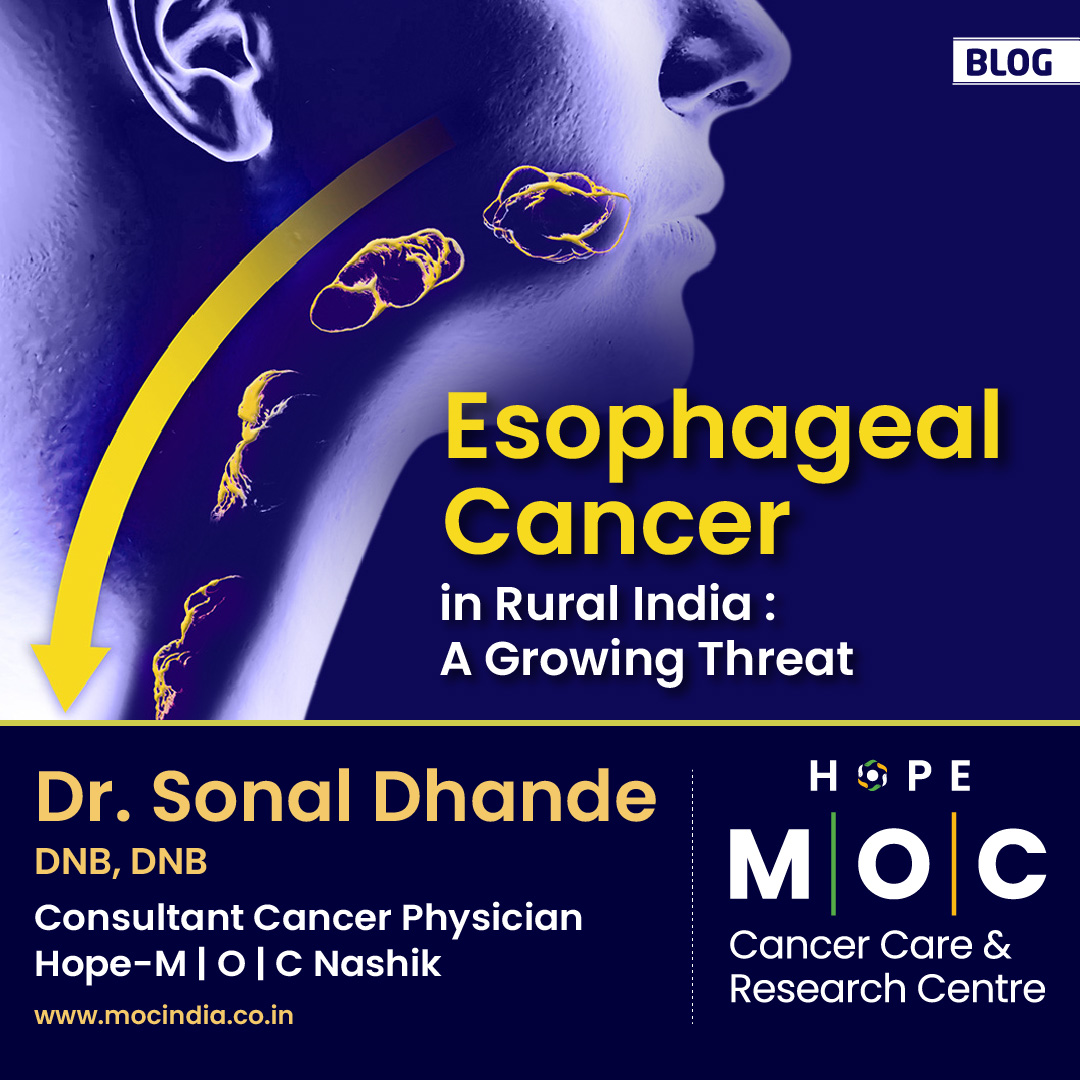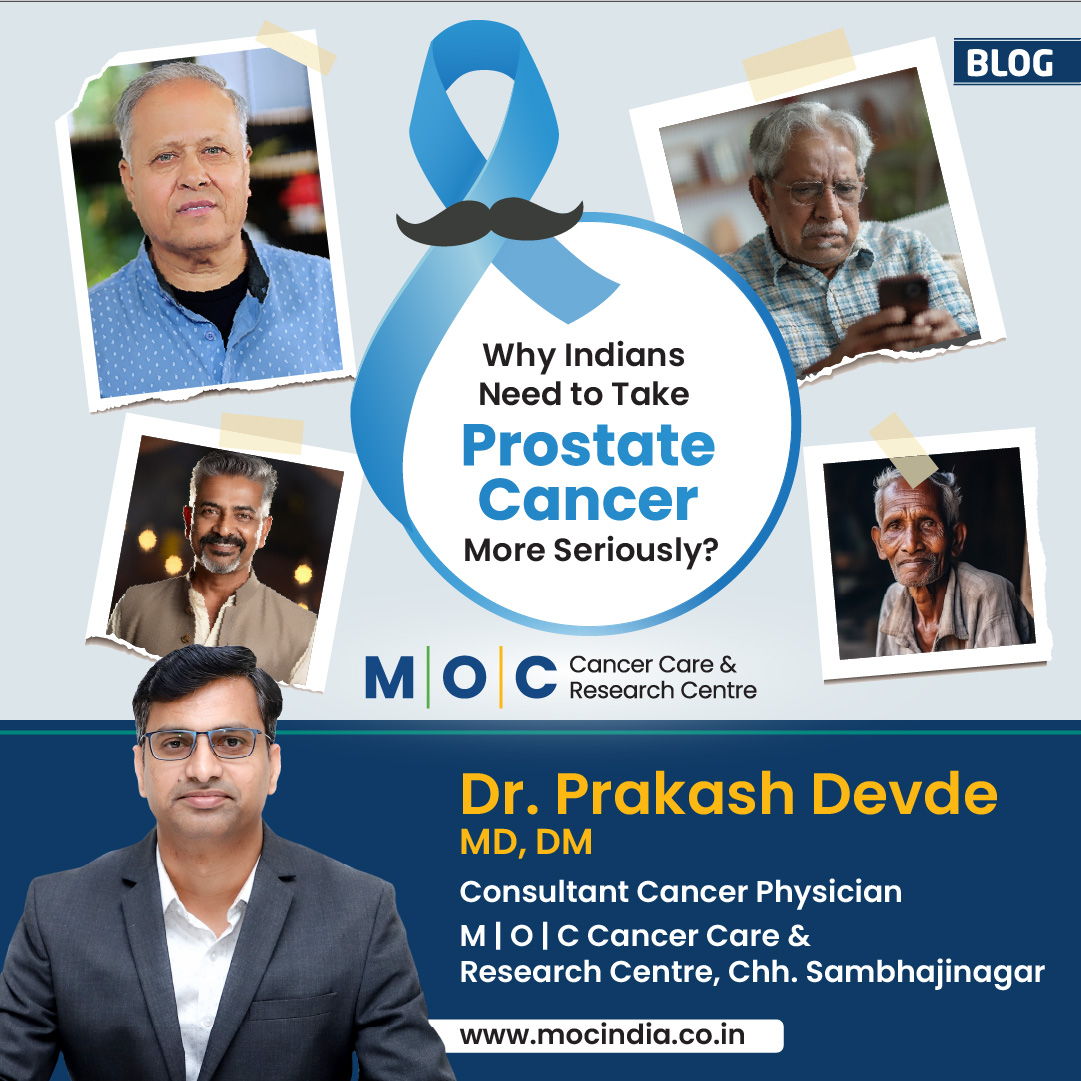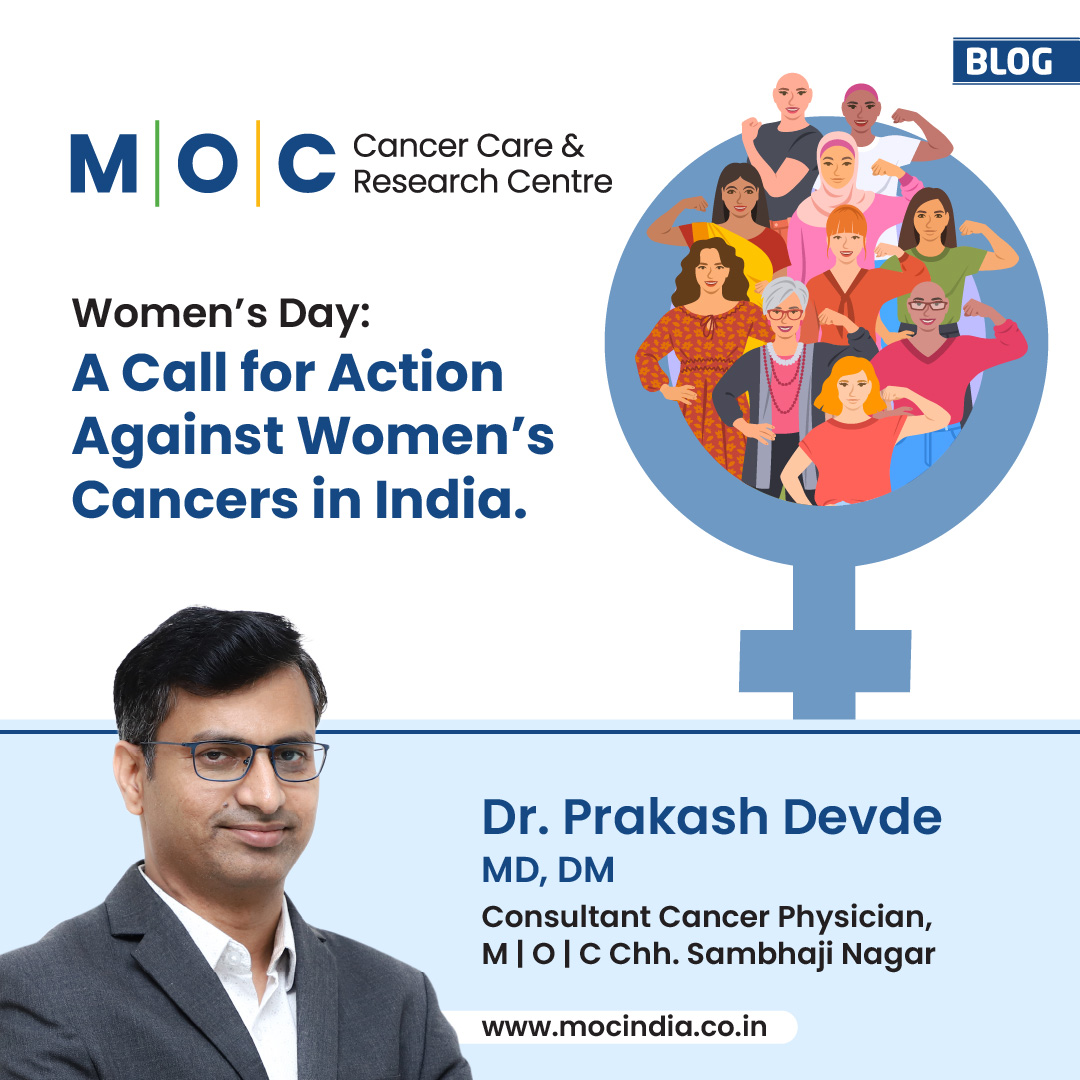Testicular Cancer Treatment & IT’s Impact on Fertility: An Oncologist’s Perspective



Testicular cancer strikes more young men (15-34 years) than any other cancer1. The good news is that the mortality rates are low and most men with testicular cancer can be cured.
Since the incidence of testicular cancer is the highest among men of reproductive age, the question of fertility among these cancer survivors often comes up especially since some testicular cancer treatments can impact fertility.
How testicular cancer treatment can impact fertility?
Most men with diagnosed testicular cancer have cancerous cells only in one testis, which is removed by surgery. If the surgery is done in the early stages, it does not really impact the ability to have children. Still, in certain cases, the remaining testis may not work very well, which may reduce the chances of conception.
Some men are diagnosed with cancerous cells in both testes. In such cases, both testes will need to be removed with surgery, rendering the patient infertile i.e. unable to have children.
Some men with testicular cancer need to undergo chemotherapy, which may cause temporary infertility. Most patients find the fertility rates go back to normal after chemotherapy sessions end, although the time may differ between individuals. Depending on the extent of disease and the type and dose of chemotherapy, few men may lose their potency permanently.
Radiotherapy is another common testicular cancer treatment, especially for men whose cancer has spread to the lymph nodes situated at the back of the abdomen. During the radiotherapy procedure, there is a small risk of the testis that is not removed by surgery being exposed to a radiation dose, which can impact sperm formation and numbers, ultimately impacting fertility.
Most males undergoing radiotherapy will be advised not to father a child during the treatment and may be upto a year following the treatment. Yet, fatherhood is still possible, even among males receiving testicular cancer treatment!
Sperm banking
Since many testicular cancer treatments result in infertility, males receiving these treatments are advised to collect and store their sperm in ‘Sperm Banks’ before initiating treatment. The sperm thus stored can be used to have children in future using procedures like In Vitro fertilisation.
A large study conducted showed 22% of positive pregnancies after testicular cancer treatment, suggesting that fatherhood is possible even after testicular cancer treatment. However, it was recommended that issues regarding paternity should be openly discussed with male cancer patients going for testicular cancer treatment. Adequate information and reading material should be provided and sperm banking options should be recommended to all patients before testicular cancer treatment begins.
Dr. Makarand Randive
MD DNB ECMO
Consultant Cancer Physician
M | O | C Cancer Care & Research Centre, Nagpur
Latest Blogs
-
![Esophageal Cancer in Rural India: A Rising Threat]()

- 15th Apr, 2025
- Esophageal Cancer in Rural India: A Rising Threat
-
![Why Indians Need to Take Prostate Cancer More Seriously? An Oncologist's Opinion]()

- 20th Mar, 2025
- Why Indians Need to Take Prostate Cancer More Seriously? An Oncologist's Opinion
-
![Women’s Day: A Call for Action Against Women’s Cancers in India.]()

- 10th Mar, 2025
- Women’s Day: A Call for Action Against Women’s Cancers in India.
-
![A Unique Perspective on Women and Cancer- A Food for Thought]()
.jpg)
- 3rd Mar, 2025
- A Unique Perspective on Women and Cancer- A Food for Thought
-
![Bridging Hope and Equity for Young Warriors this International Childhood Cancer Day]()
.jpg)
- 18th Feb, 2025
- Bridging Hope and Equity for Young Warriors this International Childhood Cancer Day
-
![World Cancer Day 2025: United by Unique, Empowered by Hope.]()

- 5th Feb, 2025
- World Cancer Day 2025: United by Unique, Empowered by Hope.
Book Your Appointment








